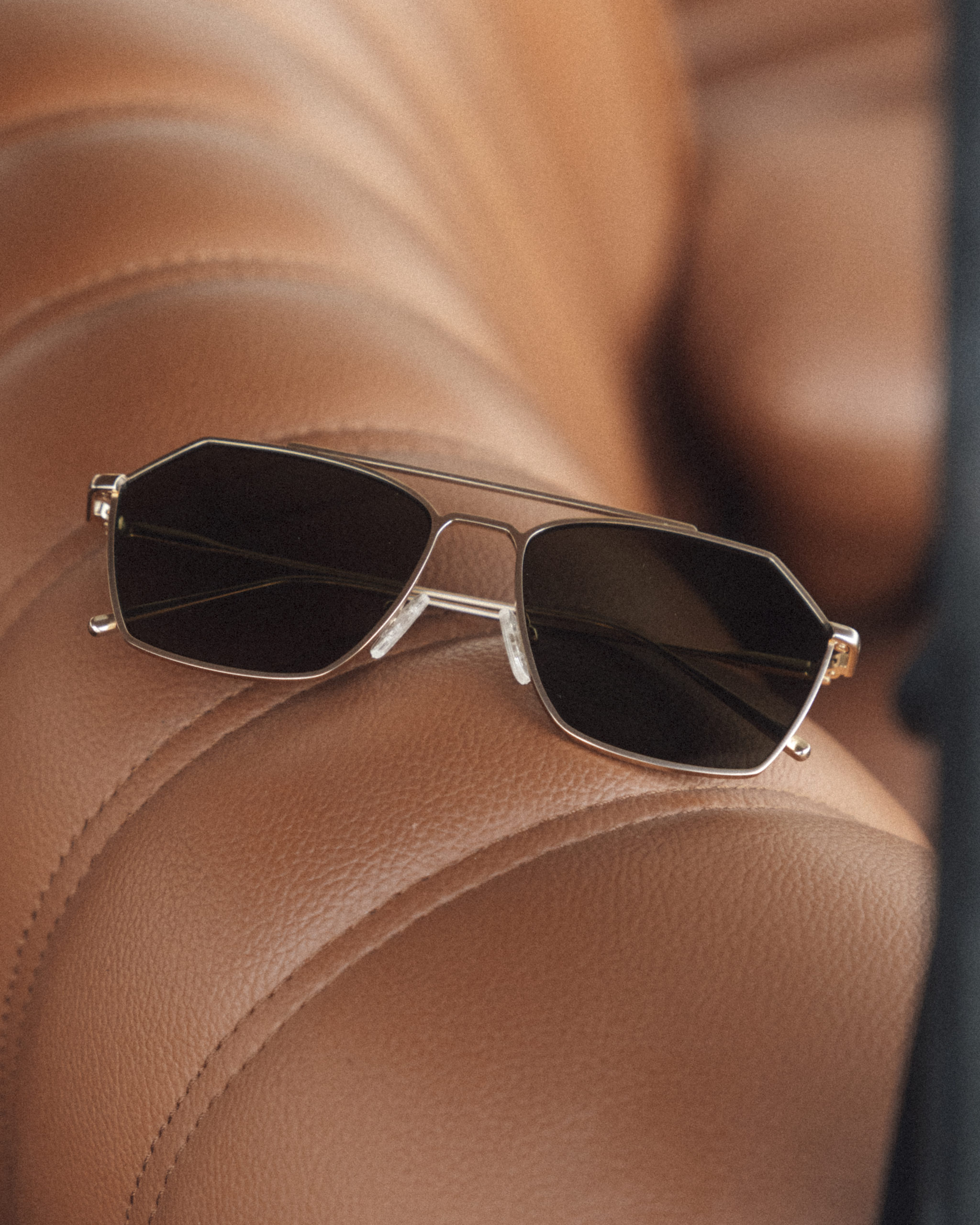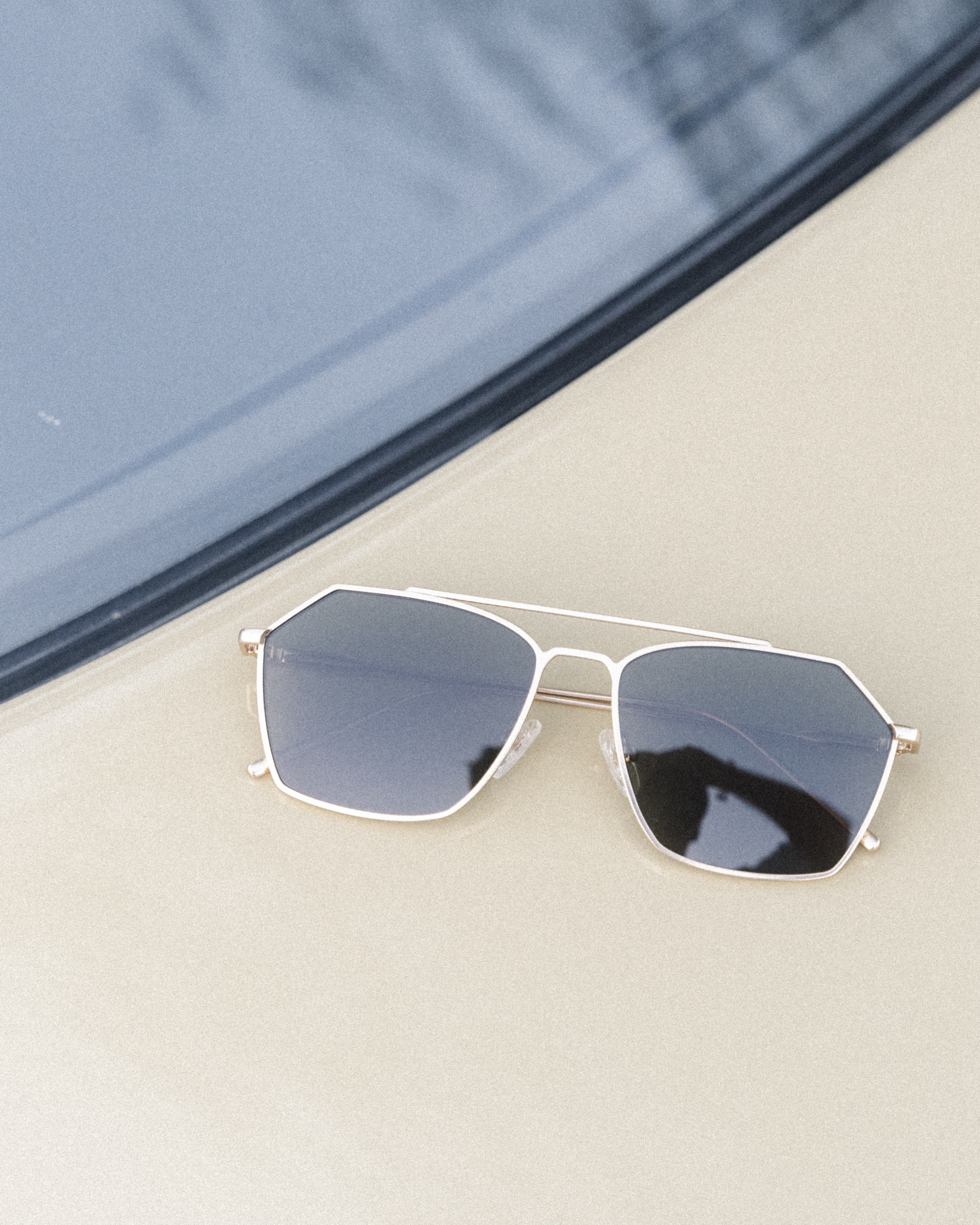Blue light is the visible light spectrum which has the highest energy and shortest wavelength, quite similar to the ultraviolet rays. Blue light has its own benefits and harmful effects. Here are some important things about blue light that you should be aware of :
- Blue light is everywhere
The main source of blue light is the sunlight, and most of us get maximum exposure to the blue light when we are outdoors. But there are many artificial sources of blue light such as LED lighting, fluorescent lighting and flat-screen televisions. A significant amount of blue light is emitted by the display screens of smartphones, computers and electronic notebooks.
The amount of blue light also known as the High Energy Visible light or HEV light that these devices emit is only a fraction of that emitted by the sun. But since we spend a lot of time using these devices and the proximity of these screens to our eyes, is a cause of concern for many ophthalmologists and other healthcare professionals.
- Blue light rays make the sky look blue
The short-wavelength, high-energy light rays that are on the blue end of the light spectrum tend to scatter more easily than other visible light rays when they strike water or air molecules in the atmosphere. This scattering of rays is what makes the cloudless sky look blue.
- The eye is not equipped to blocking blue light
The structures that are in the front part of the eye (the cornea and lens) are very efficient at blocking the harmful ultraviolet rays from reaching the light-sensitive area situated at the back of the eye (retina). In fact, only around one percent of the UV rays from the sun are able to reach the retina without sunglasses. If you wear sunglasses, they can block up to 100 percent of UV rays thereby protecting the eye from damage that could lead to cataracts and cancer. This is not the case with the blue light. When it comes to blue light, almost all of it passes through the cornea and lens and reaches the retina, making the eye susceptible to damage.
- Blue light contributes to digital eye strain
Since high energy, short wavelength blue light scatters more easily than other visible light, as it is not easily focused. When you are using your smartphone, computer and any other digital device, it emits significant amounts of blue light. This unfocused light reduces the contrast and can lead to digital eye strain, causing symptoms like eye fatigue, eye pain, itching, redness and headaches.
Research has shown that lenses that can block blue light with wavelengths less than 450 nm (blue-violet light) can significantly increase the contrast and help in reducing the eye strain. Therefore, glasses with yellow-tinted lenses may help in increasing comfort when you are viewing digital devices for extended periods of time.
- Blue light exposure may increase the risk of macular degeneration
Since blue light penetrates all the way to the retina, studies suggest that too much exposure to blue light can damage the light-sensitive cells in the retina. This causes changes that are similar to those seen in macular degeneration, leading to permanent loss of vision. Many ophthalmologists are of the opinion that the added blue light exposure from smartphones, computer screens, and other digital devices might increase a person’s risk of macular degeneration later in life.
- Blue light protection may be even more important after cataract surgery
If you are planning a cataract surgery, always ask your ophthalmologist what type of intraocular lens (IOL) will be used to replace your cloudy natural lens, and how much blue light protection does this new lens provide. It may be a good idea to wear eyeglasses with a special blue light filter after undergoing surgery. This becomes more important if you tend to spend long hours in front of a computer screen or if you use other digital devices.
One of the best ways to combat the strain and stress that the blue light causes to your eyes is by wearing blue light blocking glasses. These glasses are also commonly referred to as computer protection glasses or computer glasses.
So, How can blue light blocking glasses help?
Blue light blocking glasses can block out upto 30% of blue light exposure. These glasses can also aid in increasing the production of melatonin. Melatonin is a hormone released in the brain that helps you sleep faster and better. So, the longer you wear your blue light blocking glasses, the more you will be able to protect yours eyes from digital strain, which is a common cause of blurred vision and headaches.
If you are still in two minds whether or not you should order your blue light blocking glasses, here are some additional benefits that they have to offer:
They help in increasing melatonin production
As mentioned earlier, melatonin is a hormone that is responsible for controlling your body’s daily rhythm. Around sunset, the brain releases melatonin in your body, and these levels are reduced when you are exposed to light. Artificial blue light that is emitted from the smartphone or your computer screen interferes with this natural rise and fall of melatonin levels in your body. So, one of the amazing benefits of wearing blue lights glasses is that they help your body in maintaining optimal melatonin levels. This in turn helps fall asleep faster and ensures that you get an adequate amount of sleep.
They regulate release of cortisol
Cortisol, another hormone just like melatonin, is an essential part of many bodily functions such as maintaining your blood pressure and blood sugar levels. Cortisol is also known as the “stress hormone”, since this hormone is released in excess when your body is under stress. Cortisol is released in the morning, and its levels gradually fall throughout the day. Blue light glasses help in keeping the cortisol levels in check, since prolonged exposure to blue light is linked to fluctuations in cortisol levels.
They are helpful for shift workers
Research has shown that shift workers, especially those who have night shift are at a higher risk for disruption and fluctuation in their circadian rhythm. This can make these people more prone to various health conditions such as diabetes, obesity, heart diseases, cancer and digestive disorders. By wearing blue light glasses, shift works can regulate their internal body clocks, thereby lowering the risk of these fatal illnesses.
They may prevent macular degeneration
Age-related macular degeneration or AMD is an eye condition in which a certain area of the retina (known as the macula) is damaged. A person who has AMD will have a normal peripheral vision but loses his/her central vision. This means the person cannot see finer details when looking at objects that are close or far. Although there are many causes for AMD, your risk of AMD increases if you are exposed to blue light for long periods of time. This is because the artificial blue light penetrates your eyes and reaches all the way to the retina, thereby damaging it over time. Blue light glasses provide this added benefit of mitigating these problems.
There is a lot of research that suggests that wearing the blue light blocking glasses for even a few nights can be extremely beneficial for your eyes, in addition to providing relief from eye strain and headaches. So, head to eyewa.com and gift your eyes a pair of blue light blocking glasses now! Your eyes will thank you for this kind gesture!




